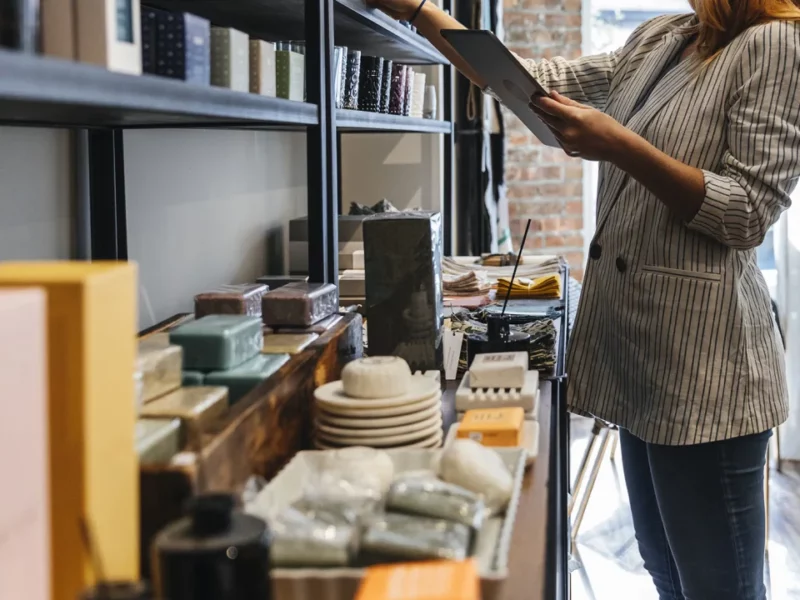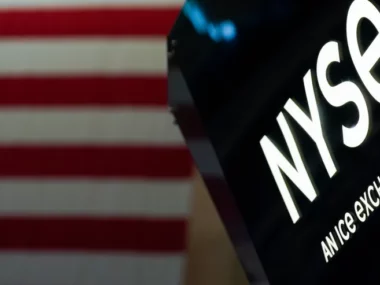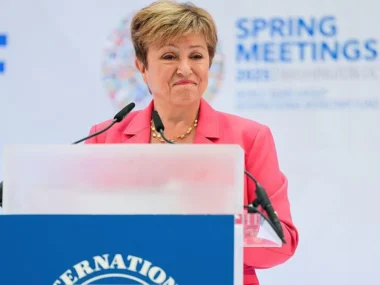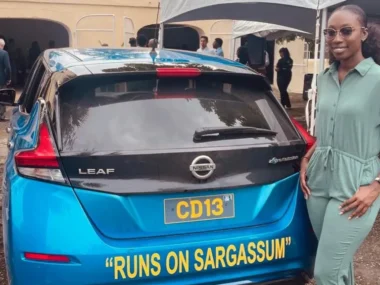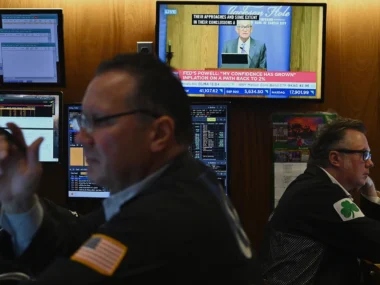While retail giants such as Amazon and Walmart are banking on substantial profits from Black Friday, Small Business Saturday, a less-publicized event, seems poised to maintain its successful run for the nearly 32 million small businesses benefitting from heightened consumer spending and robust government investment.
Based on a recent survey of small business owners by American Express, “55% expect Small Business Saturday to significantly contribute to their overall holiday sales this year.” In an October consumer survey conducted by the same company, half of the respondents expressed their intention to participate in the upcoming Small Business Saturday, with 85% planning to shop at small businesses during this holiday season.
Over the past 13 years, consumers have reported spending almost $184 billion on Small Business Saturday, as per American Express. A survey conducted by the company after last year’s Small Business Saturday revealed that 72% of shoppers were influenced by the campaign to support small, independent retailers throughout the year. American Express estimated that Small Business Saturday resulted in nearly $18 billion in consumer spending last year.
Donnell Johns, overseeing Veterans Growing America, an organization supporting veteran- and military-spouse-owned small businesses, emphasized the value of Small Business Saturday in raising awareness for shopping small. He noted a noticeable increase in support for small businesses over the past few years.
For Ken Moorman, the founder of Jirani Coffeehouse in Manassas, Virginia, Small Business Saturday translates to a 10% average increase in sales compared to a typical Saturday. He highlighted the significance of the event, especially in reminding people about the importance of supporting small businesses.
Initiated by American Express in 2010, the Small Business Saturday campaign encourages holiday shoppers to patronize local small businesses, serving as a grassroots counterpart to the corporate-dominated Black Friday. The Small Business Administration (SBA) has co-sponsored the initiative since 2011, and recent federal data indicates a favorable environment for small independent entrepreneurs this holiday season.
In a news release, the SBA disclosed an investment of nearly $50 billion to support American small businesses in fiscal year 2023. This includes $27.5 billion in 7(a) loans, the core lending initiative, with more than 57,300 loans backed. The SBA’s support has helped 7(a) loans surpass pre-pandemic levels, signaling a recovery in the somewhat vulnerable small business sector.
SBA Administrator Isabel Casillas Guzman emphasized the administration’s commitment to addressing inequities in accessing capital, stating, “The Biden-Harris Administration remains committed to simplifying and addressing persistent inequities in accessing capital to ensure all small business owners can get the funding needed to grow and create jobs for our economy.” She outlined ongoing reforms to level the playing field and further support the small business boom spurred by Bidenomics.
In the past year, the Small Business Administration (SBA) has reported significant progress in supporting minority-owned small businesses.
New federal data reveals that, under the Biden administration, both the number and monetary value of loans to Black-owned businesses have doubled. In the fiscal year 2023 alone, the SBA guaranteed 4,700 loans to Black-owned businesses, amounting to $1.5 billion. Additionally, the SBA supported 7,700 loans for small businesses owned by Latinos, 7,500 for those owned by Asian American and Pacific Islanders, and 500 for businesses run by indigenous Americans.
The SBA has also provided substantial backing for women-owned businesses, with $5 billion in loans, and veteran-owned businesses, with $1.2 billion in loans. These efforts reflect the SBA’s commitment to fostering diversity and inclusivity in entrepreneurship, particularly by addressing the specific financial needs of businesses owned by minorities, women, and veterans.

